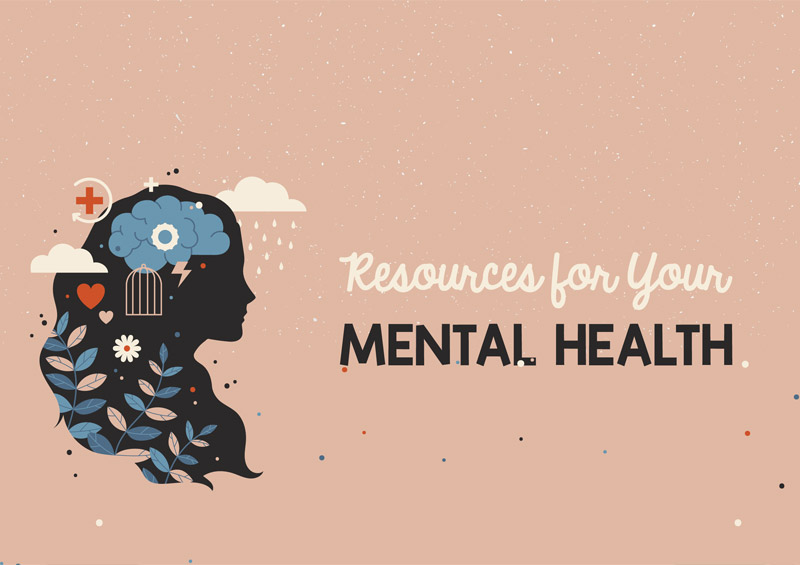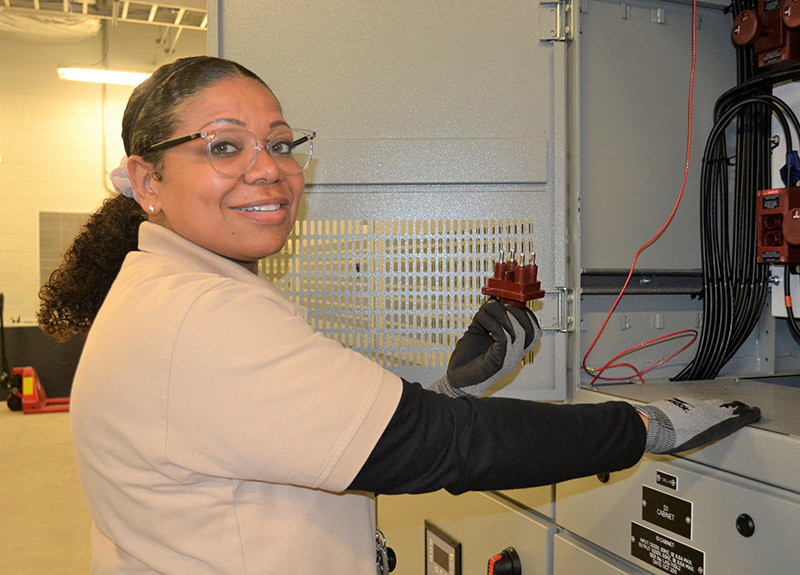TIPS FOR TAKING CONTROL OF ANXIETY
Practice Relaxation – When you start to feel anxious or panicky, focus on your breathing, taking several slow and deep breaths in through your nose and out your mouth. Give your body a chance to feel relaxed before you try to interpret your feelings.
Use Self-Affirmations – Practice saying something nice to yourself every day. Be sure to find qualities you know are true about yourself, but also focus on the ones you want to improve. For example, if you want to feel less anxious about making new friends, you can say to yourself three times each morning “You are friendly and kind, and people will like talking to you.” (Positive affirmations can also improve problem solving in stressful situations, so when you start to panic during a test, remind yourself that you are smart enough to figure out the answers.)
Welcome (and learn from) Failure – Expect to fail and welcome it. Look at each failure as a process of elimination, ridding yourself of relationships, tendencies, and ideas that are not helpful. Learn from your mistakes and grow from the struggle that is a natural part of putting yourself “out there.”
Be Brave – Face your fears head on. Do not let your anxiety keep you from trying something you’ve always wanted to do because you are afraid of messing up or being embarrassed. Know that when you stand in fear and feel it wash over you, you will realize you can handle it. Not only will you survive it, you will conquer it.
Ask for Help – If you find it difficult to control your anxiety, tell someone you trust who can help you, like your parents or a teacher. Sometimes the worry can be so overwhelming that it may require therapy and/or medication. Many teens get help from mental health professionals—do not be embarrassed or deny yourself professional help.




















